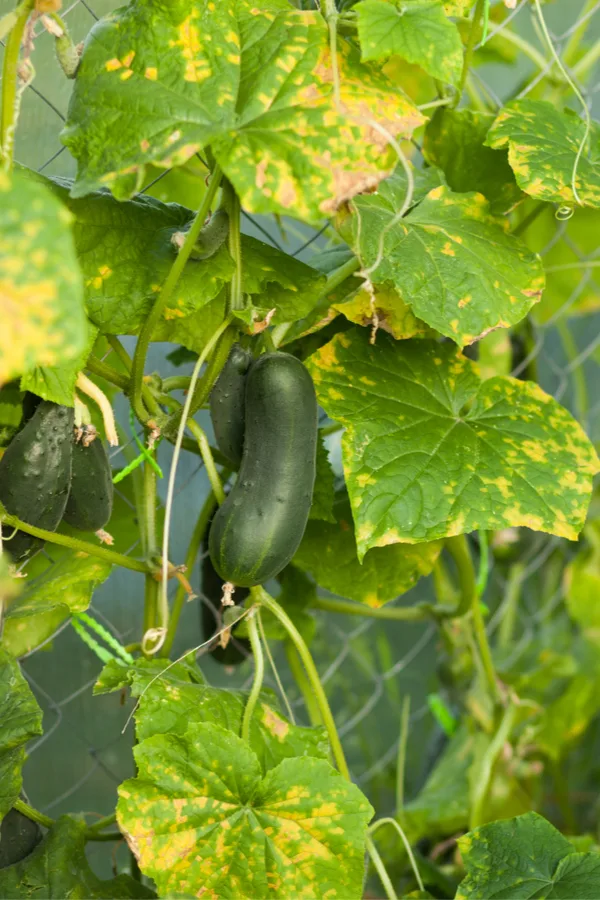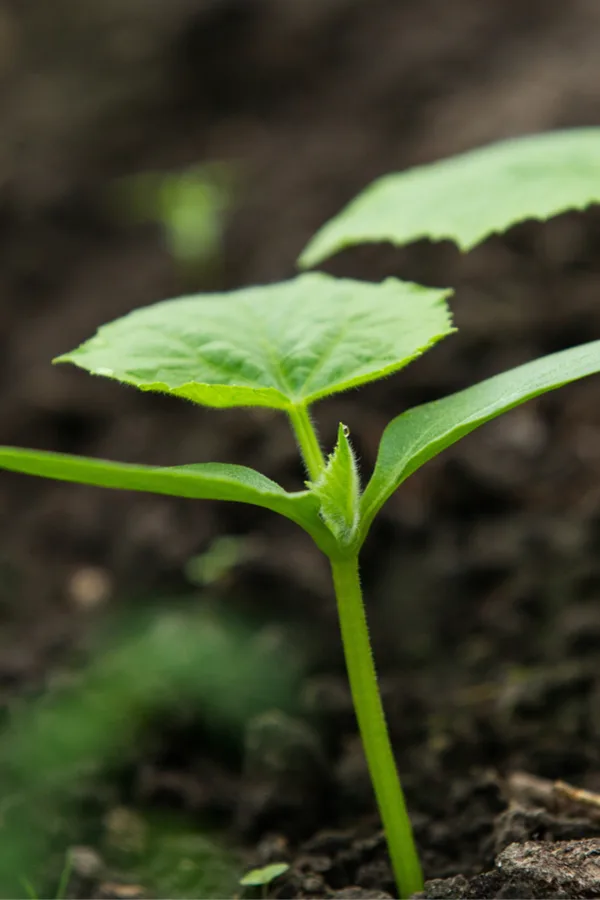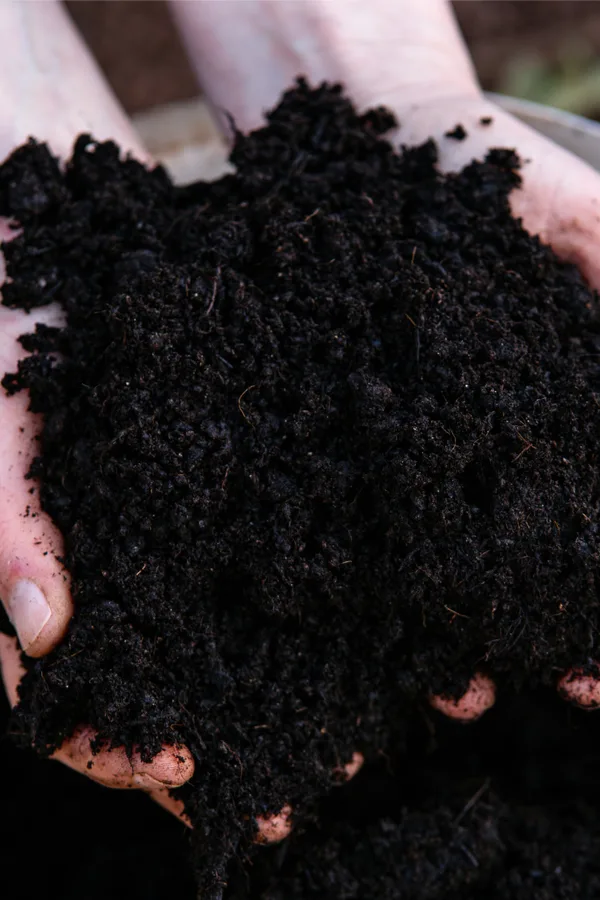Ad Blocker Detected
Our website is made possible by displaying online advertisements to our visitors. Please consider supporting us by disabling your ad blocker.
Ready to kickstart your cucumber garden? Here’s how to get started with seeds.
Did you know that Summer offers the perfect opportunity to replant your cucumber crop effortlessly? Just sow a few seeds and witness the magic of an amazing late-season rush of fresh cucumbers!
Regrettably, as Summer progresses, many cucumber plants start to struggle. Whether they are grown in a traditional garden, raised beds, or containers, these beloved vegetable plants often lose momentum due to the scorching heat and dryness or become susceptible to pests and diseases.
Cucumber plants encounter various challenges in the early spring, with the threat of frost or late freezes that can harm and hinder their initial growth.

But fret not! As a gardener, you might have already enjoyed a fruitful harvest by the time these problems arise. And the good news is, you don’t have to wait until next year to grow more cucumbers!
The Advantages of Replanting Cucumbers In The Summer
Indeed, mid-summer presents the ideal opportunity for cucumber replanting, and the benefits of doing so during this season are plentiful. One of the significant advantages lies in the ease and cost-effectiveness of using seeds instead of transplants.
During the peak of summer, the soil remains warm, promoting rapid seed germination. Moreover, the absence of frost or extremely cold temperatures ensures that seedlings can grow vigorously without any worries. This favorable environment eliminates the need for expensive transplants. Within a few days, seeds sprout and quickly reach a size comparable to transplants in just a week or two.
Opting for seed replanting in summer offers several other advantages for your cucumber crop. Unlike transplants, seedlings experience no root disturbances throughout their entire growth cycle. Transplants may encounter a sluggish growth phase as their roots readjust to the soil, but this is not the case with seedlings! They can flourish and thrive without skipping a beat.

Plants that originate from seeds have a natural advantage in adapting to the available water and nutrients in the soil. Unlike transplants, which often require days of careful attention after being planted, seed-grown plants effortlessly thrive and acclimate to their environment right from the outset.
Even More Benefits…
Finally, starting your seeds in the summer brings the added benefit of reducing the threat posed by cucumber beetles and other pests. By the time the seedlings mature, most of these pests have already completed their seasonal cycle, allowing the plants to grow safely without any concerns.
Considering all the advantages mentioned, let’s now explore how to replant your cucumber crop this summer using seeds!
How To Replant Cucumbers In The Summer With Seeds
Select Cucumber Varieties That Produce Fast!
A crucial factor for success in replanting cucumbers during the summer is choosing varieties with a short seed-to-fruit maturity time. This ensures that you can harvest as many cucumbers as possible before the first frost arrives.
For your summer planting, consider excellent choices like Spacemaster, National Pickling Cucumber, Boston Pickling Cucumber, and Marketer (seed links provided below). These varieties can yield cucumbers in as little as 55 days, making them perfect for a quick and productive harvest during the summer season.
Recharge Your Soil – How To Replant Cucumbers In The Summer
Prior to planting your seeds, it’s crucial to revitalize the soil to energize your new crop, especially if you intend to plant in the same soil where your first cucumber crop was growing.

Compost is the ultimate method for recharging your soil before planting, as it can effectively rejuvenate the soil and promote the rapid and robust growth of seedlings.
The quickest and simplest method to achieve this is by incorporating compost into the soil. For each planting area, blend three or four shovels full of compost into the soil where you’ll sow your seeds. Compost is rich in nutrients and will supply ample nourishment as your plants develop.
For an even more beneficial boost, consider adding 1/2 cup of worm castings directly into the soil where the seeds will be planted. Worm castings not only provide nutrients but also aid in retaining moisture in the soil, which is especially advantageous when germinating seeds during the peak of summer. Product Link: Worm Castings

